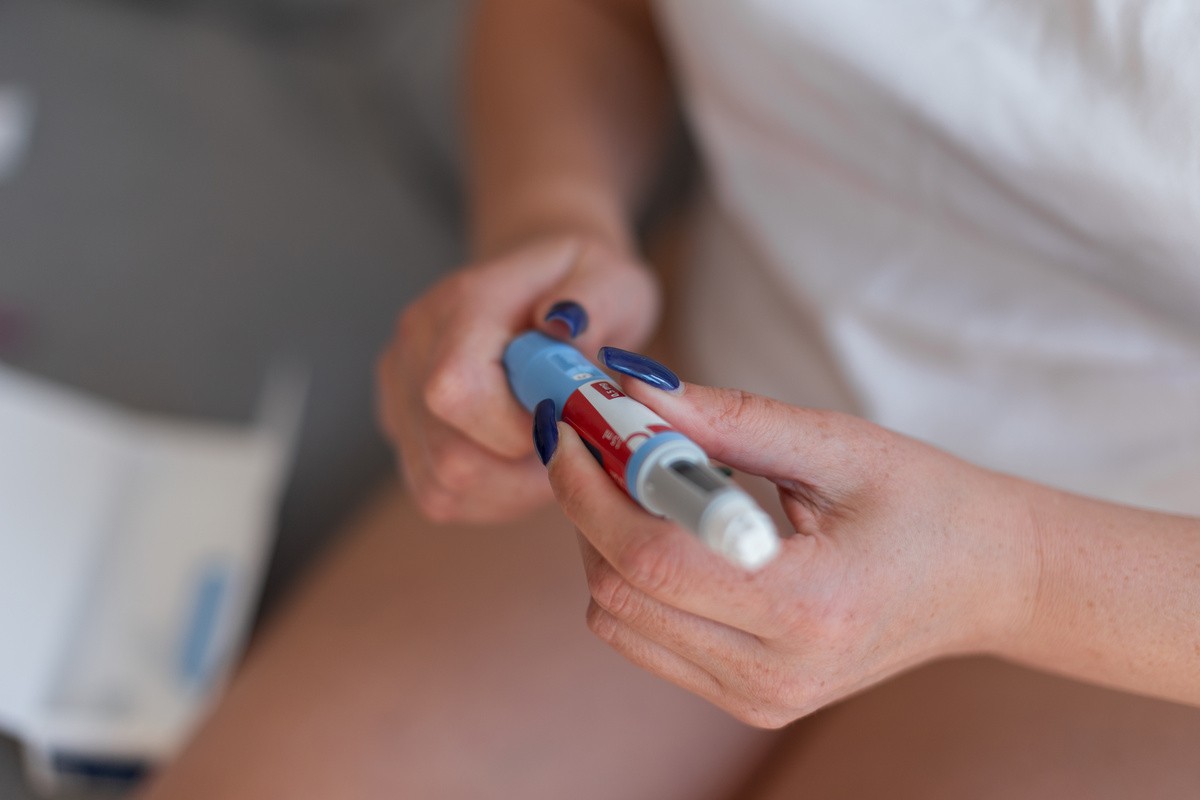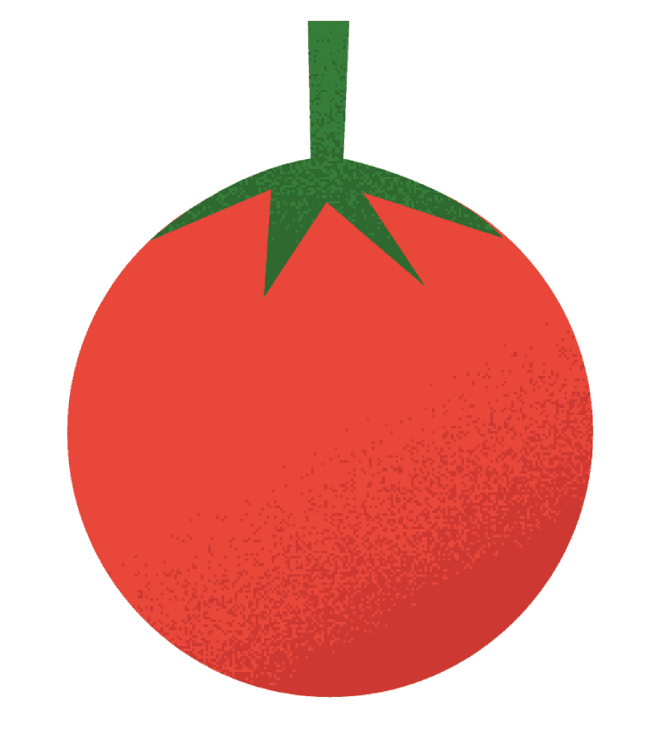Author:
Clinically Reviewed By:
When it comes to weight loss, consistency, balance, and planning are the keys to success. That’s why we created this 30-day meal plan for weight loss for women to simplify the process with practical, delicious, and nutrient-packed meals.
Each day includes easy-to-follow options for breakfast, snacks, lunch, and dinner, all carefully crafted to keep you satisfied while staying within a calorie range that supports healthy and sustainable weight loss.
Our meal plan for weight loss focuses on whole foods, lean proteins, high-fiber vegetables, and healthy fats to fuel your body, curb cravings, and help you feel your best.
Whether you’re juggling a busy schedule or simply want a clear, no-fuss guide to help you stay on track, this meal plan has everything you need to reach your goals—without sacrificing flavor or variety.
30-Day Meal Plan For Weight Loss For Women
Day 1
Breakfast: Spinach & Egg Scramble with Raspberries (296 calories)
Snack: Almonds (¼ cup) + Blackberries (268 calories)
Lunch: Mason Jar Power Salad with Chickpeas & Tuna (430 calories)
Dinner: Grilled Salmon with Sweet Peppers + ½ cup Brown Rice (380 calories)
Day 2
Breakfast: Muesli with Raspberries (287 calories)
Snack: Low-fat Greek Yogurt + Blueberries + Walnuts (282 calories)
Lunch: Brussels Sprouts Salad with Crunchy Chickpeas (337 calories)
Dinner: Herb-Grilled Chicken Frites (483 calories)
Day 3
Breakfast: Muffin-Tin Omelets with Feta & Peppers + Peach (285 calories)
Snack: Greek Yogurt + Walnuts (282 calories)
Lunch: Brussels Sprouts Salad with Chickpeas
Dinner: Grilled Eggplant & Tomato Pasta (449 calories)
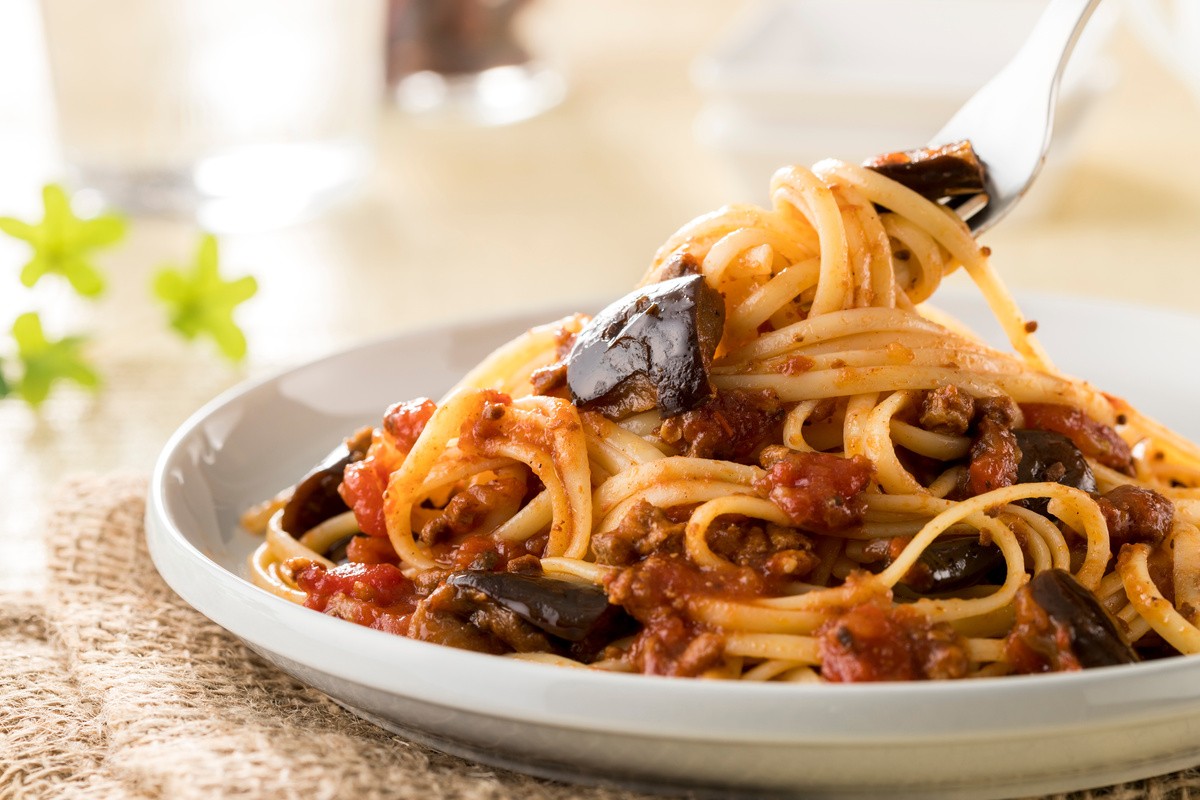
Day 4
Breakfast: Muesli with Raspberries (287 calories)
Snack: Greek Yogurt + Blueberries + Walnuts (234 calories)
Lunch: Brussels Sprouts Salad
Dinner: Grilled Chicken Tacos + Guacamole Salad (584 calories)
Day 5
Breakfast: Muffin-Tin Omelets with Feta & Peppers + Peach
Snack: Almonds + Blackberries
Lunch: Chicken Caesar Pasta Salad
Dinner: Chicken Caesar Pasta Salad (again for convenience)
Day 6
Breakfast: Muesli with Raspberries (287 calories)
Snack: Almonds (¼ cup) + Blueberries (248 calories)
Lunch: Chicken Caesar Pasta Salad (383 calories)
Dinner: Spring Green Frittata + Guacamole Salad (459 calories)
Day 7
Breakfast: Spinach & Egg Scramble with Raspberries (296 calories)
Snack: Almonds (¼ cup) + Blackberries (268 calories)
Lunch: Chicken Caesar Pasta Salad (383 calories)
Dinner: Greek Salad with Edamame + Whole-Wheat Baguette (439 calories)
Day 8
Breakfast: Greek Yogurt + Peach + Walnuts (320 calories)
Snack: Almonds (¼ cup) + Blackberries (268 calories)
Lunch: White Bean & Avocado Toast + Yogurt + Plum (364 calories)
Dinner: Superfood Chopped Salad with Salmon (409 calories)
Day 9
Breakfast: Spinach, Peanut Butter & Banana Smoothie (324 calories)
Snack: Almonds (¼ cup) (206 calories)
Lunch: Spicy Slaw Bowls with Shrimp & Edamame (364 calories)
Dinner: Chicken & Veggie Fajitas (391 calories)
Day 10
Breakfast: Spinach, Peanut Butter & Banana Smoothie (324 calories)
Snack: Raspberries (64 calories)
Lunch: Spicy Slaw Bowls with Shrimp & Edamame (364 calories)
Dinner: Grilled Flank Steak with Tomato Salad + Baguette (442 calories)
Day 11
Breakfast: Greek Yogurt + Peach + Walnuts (320 calories)
Snack: Almonds (¼ cup) + Raspberries (270 calories)
Lunch: Spicy Slaw Bowls with Shrimp & Edamame (364 calories)
Dinner: Grilled Pizza with Summer Squash & Feta (418 calories)
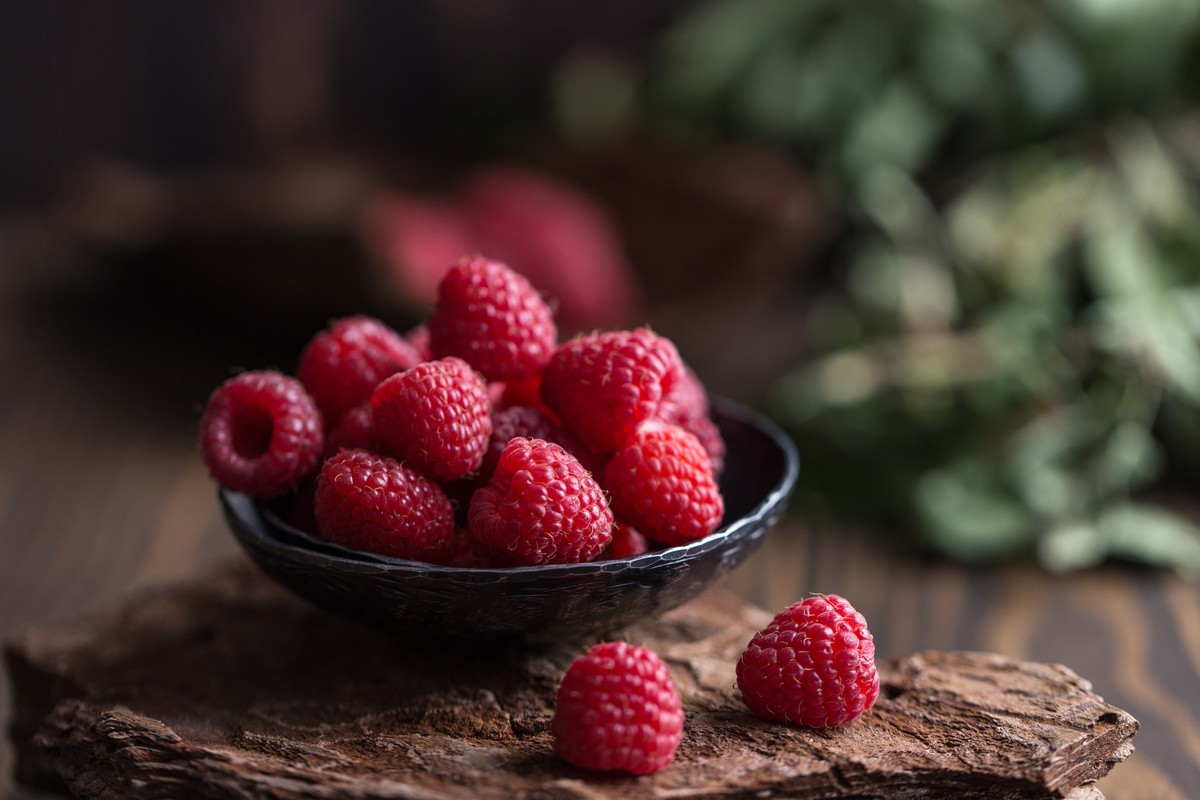
Day 12
Breakfast: Greek Yogurt + Peach + Walnuts (320 calories)
Snack: Raspberries (64 calories)
Lunch: Spicy Slaw Bowls with Shrimp & Edamame (364 calories)
Dinner: One-Pot Chicken Pesto Pasta with Asparagus (518 calories)
Day 13
Breakfast: Spinach, Peanut Butter & Banana Smoothie (324 calories)
Snack: Blackberries (62 calories)
Lunch: One-Pot Chicken Pesto Pasta with Asparagus (518 calories)
Dinner: Burgers with Sweet Potato Fries (408 calories)
Day 14
Breakfast: Greek Yogurt + Peach + Walnuts (320 calories)
Snack: Greek Yogurt + Blackberries (165 calories)
Lunch: One-Pot Chicken Pesto Pasta with Asparagus (518 calories)
Dinner: Cobb Salad with Herb-Rubbed Chicken (412 calories)
Day 15
Breakfast: Spinach & Egg Scramble with Raspberries (296 calories)
Snack: Almonds (¼ cup) (206 calories)
Lunch: Green Salad with Edamame & Beets (325 calories)
Dinner: Grilled Salmon + Vegetables + Brown Rice (405 calories)
Day 16
Breakfast: Cinnamon-Roll Overnight Oats + Greek Yogurt (321 calories)
Snack: Raspberries (64 calories)
Lunch: Spinach & Strawberry Salad (374 calories)
Dinner: Chicken, Brussels Sprouts & Mushroom Salad (432 calories)
Day 17
Breakfast: Cinnamon-Roll Overnight Oats + Greek Yogurt (321 calories)
Snack: Blackberries + Almonds (253 calories)
Lunch: Spinach & Strawberry Salad (374 calories)
Dinner: Bruschetta Chicken Pasta (499 calories)
Day 18
Breakfast: Cinnamon-Roll Overnight Oats + Greek Yogurt (321 calories)
Snack: Peach (59 calories)
Lunch: Spinach & Strawberry Salad (374 calories)
Dinner: Grilled Chicken Tacos + Guacamole Salad (584 calories)
Day 19
Breakfast: Cinnamon-Roll Overnight Oats + Greek Yogurt (321 calories)
Snack: Pear (131 calories)
Lunch: Spinach & Strawberry Salad (374 calories)
Dinner: Spring Green Frittata + Cucumber & Avocado Salad (413 calories)
Day 20
Breakfast: Cinnamon-Roll Overnight Oats + Greek Yogurt (321 calories)
Snack: Almonds (¼ cup) + Plum (237 calories)
Lunch: Veggie & Hummus Sandwich + Peach (383 calories)
Dinner: Peanut Zucchini Noodle Salad with Chicken (495 calories)
Day 21
Breakfast: Spinach & Egg Scramble with Raspberries (296 calories)
Snack: Almonds (¼ cup) (206 calories)
Lunch: Veggie & Hummus Sandwich + Peach (383 calories)
Dinner: Speedy Crab Cakes + Citrus-Arugula Salad (449 calories)
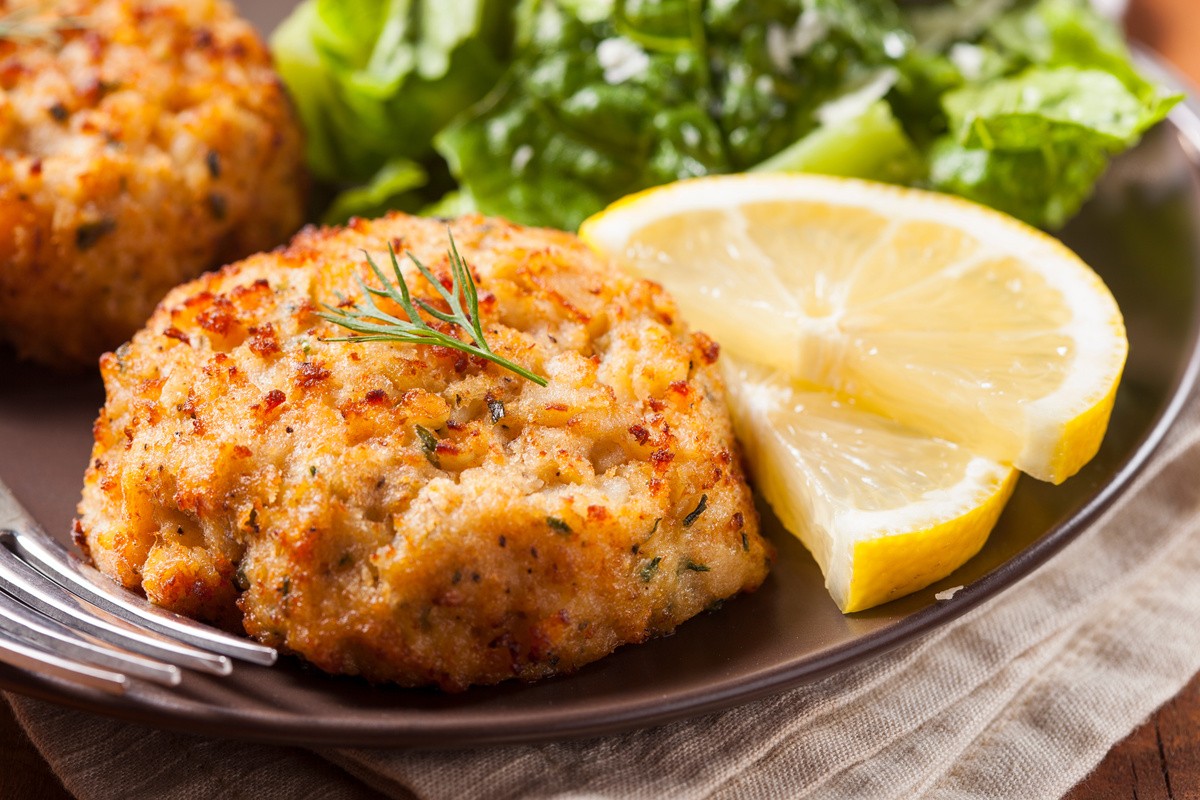
Day 22
Breakfast: Muffin-Tin Omelets with Feta & Peppers + Peach (285 calories)
Snack: Blackberries (1 cup) (62 calories)
Lunch: Mason Jar Power Salad with Chickpeas & Tuna (430 calories)
Dinner: Shrimp & Pepper Kebabs + Grilled Red Onion Slaw (442 calories)
Day 23
Breakfast: Muffin-Tin Omelets with Feta & Peppers + Peach (285 calories)
Snack: Blackberries (1 cup) (62 calories)
Lunch: Chicken Caprese Pasta Salad Bowl (514 calories)
Snack: Raspberries + 5 Walnut Halves (129 calories)
Dinner: Grilled Chicken with Red Pepper-Pecan Romesco Sauce + Cucumber & Avocado Salad (507 calories)
Day 24
Breakfast: Spinach, Peanut Butter & Banana Smoothie (324 calories)
Snack: Raspberries (1 cup) (64 calories)
Lunch: Chicken Caprese Pasta Salad Bowl (514 calories)
Snack: Blackberries + 8 Walnut Halves (167 calories)
Dinner: Grilled Flank Steak with Tomato Salad + Whole-Wheat Baguette (442 calories)
Day 25
Breakfast: Spinach, Peanut Butter & Banana Smoothie (324 calories)
Snack: Raspberries (1 cup) (64 calories)
Lunch: Chicken Caprese Pasta Salad Bowl (514 calories)
Snack: Blackberries + 8 Walnut Halves (167 calories)
Dinner: Spicy Shrimp Tacos (421 calories)
Day 26
Breakfast: Muffin-Tin Omelets with Feta & Peppers + Peach (285 calories)
Snack: Raspberries + 5 Walnut Halves (129 calories)
Lunch: Chicken Caprese Pasta Salad Bowl (514 calories)
Snack: Pear (1 large) (131 calories)
Dinner: Grilled Pizza with Summer Squash, Feta & Basil (418 calories)
Day 27
Breakfast: Muffin-Tin Omelets with Feta & Peppers + Peach (285 calories)
Snack: Peach (1 medium) + 8 Walnut Halves (163 calories)
Lunch: White Bean & Avocado Toast + Yogurt + Plum (364 calories)
Snack: Almonds (⅓ cup) (272 calories)
Dinner: Chicken & Kale Taco Salad with Jalapeño-Avocado Ranch (429 calories)
Day 28
Breakfast: Spinach, Peanut Butter & Banana Smoothie (324 calories)
Snack: Peach (1 medium) (59 calories)
Lunch: White Bean & Avocado Toast + Yogurt + Plum (364 calories)
Snack: Low-fat Plain Greek Yogurt (1 cup) (166 calories)
Dinner: Quinoa-Stuffed Peppers + Guacamole Chopped Salad (595 calories)
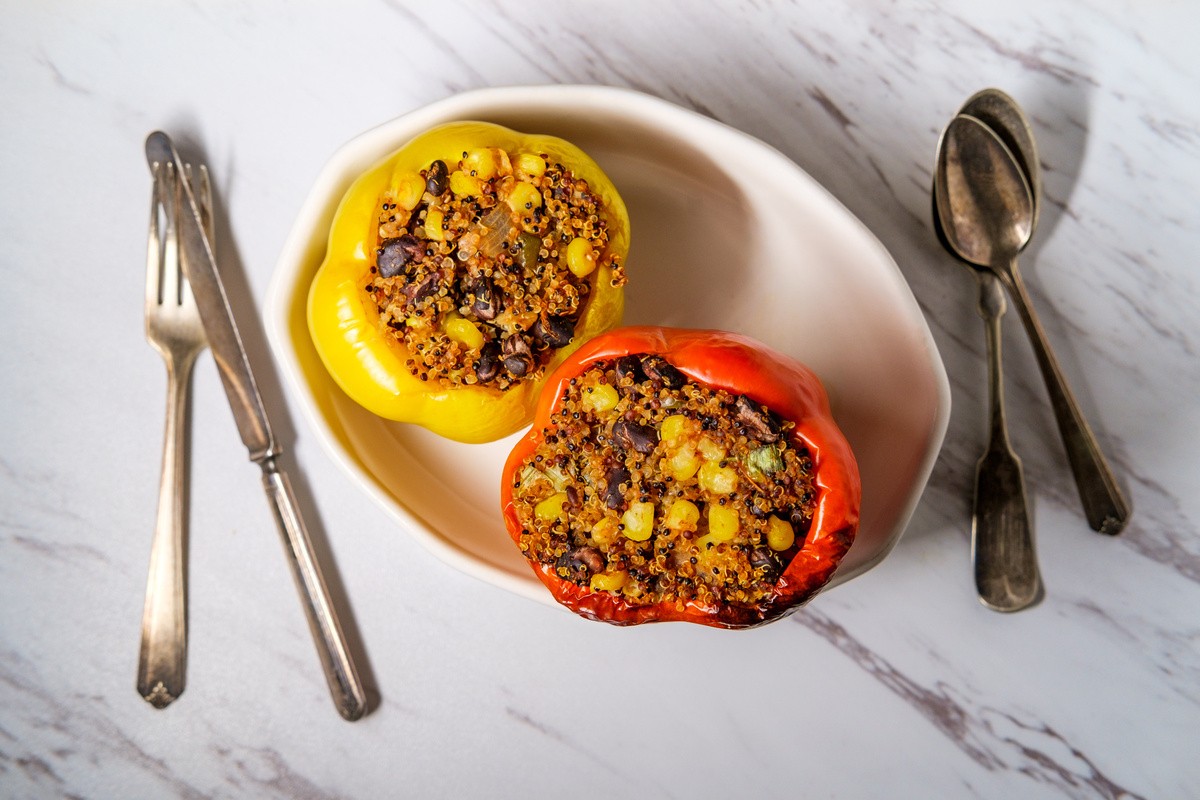
Day 29
Breakfast: Muesli with Raspberries (287 calories)
Snack: Almonds (¼ cup) (206 calories)
Lunch: Quinoa-Stuffed Peppers + Peach (408 calories)
Snack: Walnut Halves (¼ cup) (164 calories)
Dinner: Grilled Salmon with Sweet Peppers + ¾ cup Brown Rice (442 calories)
Day 30
Breakfast: Muesli with Raspberries (287 calories)
Snack: Almonds (¼ cup) (206 calories)
Lunch: Quinoa-Stuffed Peppers + Peach (408 calories)
Snack: Blueberries (¾ cup) (59 calories)
Dinner: Spiced Grilled Chicken with Cauliflower "Rice" Tabbouleh + Cucumber & Avocado Salad (540 calories)
How Much Weight Can You Realistically Lose In 30 Days?
According to our research, a realistic weight loss for most women is 4–8 pounds over 30 days. This gradual progress comes from consistent healthy eating and staying in a calorie deficit.
While crash diets might claim you can lose much more in a short amount of time, they often lead to muscle loss, fatigue, and frustration.
Extreme restriction also makes it harder to keep the weight off long-term. Slow and steady progress not only protects your body but helps you build sustainable habits that last far beyond a month.
If you’re looking for expert guidance and a 7-day meal plan tailored to your needs, connect with a weight loss dietitian through Berry Street who can provide the support and strategies to help you succeed sustainably.
Looking for a meal plan that your male family member can follow along with while you do your 30-day plan? We also have a weight loss diet plan for men available.
What Weight Loss Rate Is Safe?
The golden rule for safe weight loss is 1–2 pounds per week, whether you’re looking to use a meal plan for losing belly fat or body fat. This steady pace gives your body time to adjust while preserving lean muscle mass, which is essential for a healthy metabolism.
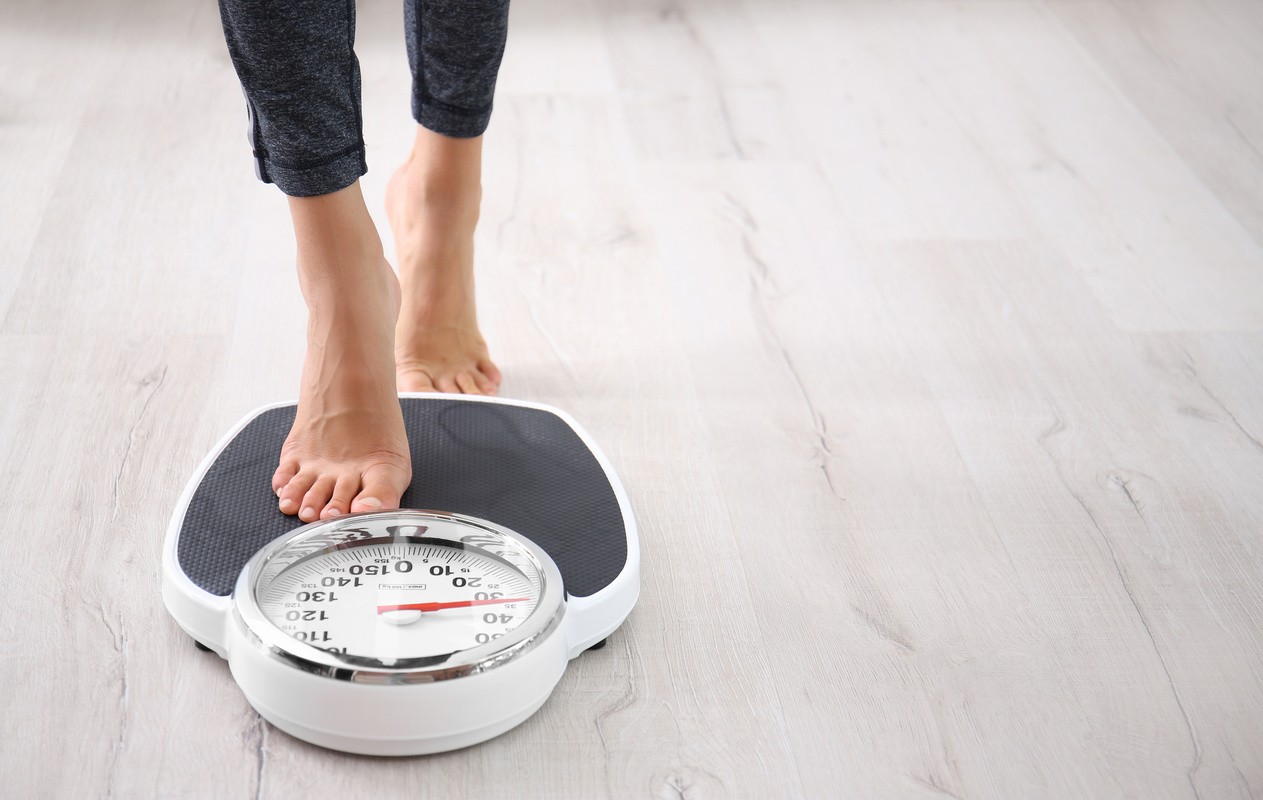
From our experience, rapid weight loss often leads to nutrient deficiencies, low energy levels, and increased cravings—all of which can derail your progress.
Aiming for a moderate, consistent rate of weight loss ensures you stay energized, avoid burnout, and set yourself up for long-term success. Remember, the goal is progress, not perfection.
What Factors Might Affect How Much Weight You Can Lose?
Starting Weight
Your starting weight plays a big role in how quickly you see results. Generally, the more weight you have to lose, the faster you’ll drop those initial pounds. This is because people in larger bodies burn more calories to carry out basic functions and physical activities.
Early weight loss often includes water weight, which can make the scale move quickly in the first couple of weeks. But as progress continues, the rate naturally slows down. This is completely normal and a sign that your body is adjusting to a healthier weight.
Age & Hormones
As we age, our metabolism tends to slow down, which means the body burns fewer calories at rest. Combine this with hormonal changes—such as fluctuations during perimenopause or menopause—and weight loss can feel more challenging.
Hormones like estrogen and cortisol can impact how your body stores fat, particularly around the abdomen. But don’t worry—weight loss is still achievable. Prioritizing nutrient-dense meals, strength training, and adequate sleep can help counter these changes and keep your metabolism humming.
Activity Level
How active you are directly affects how many calories you burn throughout the day. Essentially, the more you move, the higher your energy expenditure. But activity doesn’t always mean hours at the gym. Walking, playing with your kids, dancing, or even doing housework can add up and make a difference.
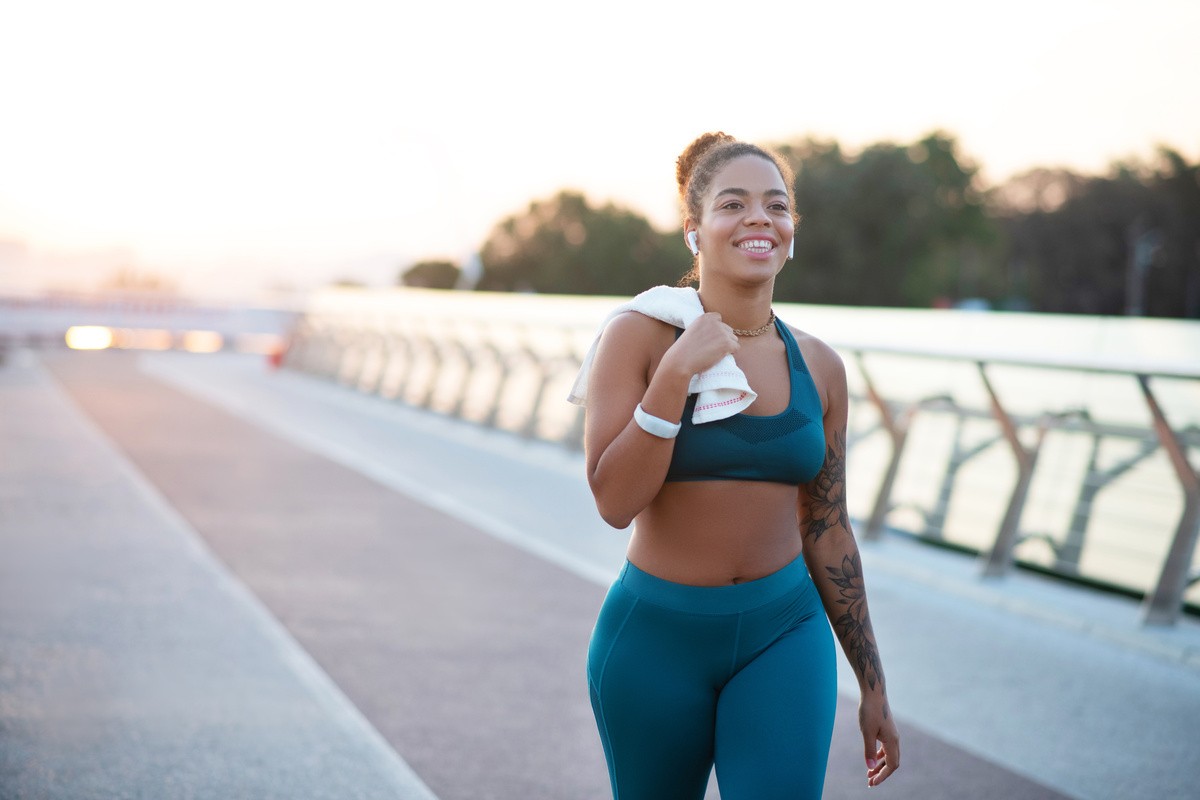
Combining regular movement with strength training helps build lean muscle, which boosts your metabolism and supports long-term weight loss. Find activities you enjoy, and you’ll be more likely to stick with them.
Diet Quality
Weight loss isn’t just about eating fewer calories—it’s about making those calories count. A nutrient-dense diet full of lean proteins, fiber-rich vegetables, whole grains, and healthy fats keeps you satisfied and energized.
When you focus on quality foods, you’re less likely to experience hunger and cravings that can lead to overeating. Processed foods, on the other hand, are often high in empty calories, sugar, and unhealthy fats that slow down progress. Choosing whole, balanced meals helps you feel good while staying on track.
Sleep & Stress
Two often overlooked factors that affect weight loss are sleep and stress levels. Poor sleep can disrupt hunger hormones like ghrelin and leptin, making you feel hungrier and less satisfied after meals.
Similarly, high stress can increase cortisol levels, which may cause your body to hold onto fat, especially in the belly area. Managing stress with activities like yoga, meditation, or deep breathing and prioritizing 7–9 hours of quality sleep can have a huge impact on your progress.
Genetics
Genetics plays a role in how your body responds to weight loss efforts. Some people naturally burn calories faster, while others may be predisposed to store fat more easily. While you can’t change your genes, you can optimize your lifestyle to work with them.
Consistent healthy habits—like eating balanced meals, staying active, and prioritizing self-care—help you achieve your best results, regardless of your starting point.
Hydration
Hydration plays a surprisingly significant role in weight loss. Drinking enough water helps regulate your metabolism, keeps your energy levels up, and even reduces unnecessary snacking.

Sometimes, thirst can be mistaken for hunger, leading to overeating when all your body really needs is water. Staying hydrated also supports digestion and helps flush out toxins. Aim for at least 8–10 glasses a day, and try drinking a glass before meals to naturally reduce calorie intake.
Consistency
Consistency is one of the most critical factors when it comes to weight loss. Skipping meals, crash dieting, or constantly changing your approach can slow your progress and frustrate your efforts.
Instead, sticking to a routine of balanced meals, daily movement, and healthy habits helps you see sustainable results over time. Weight loss is not about being perfect; it’s about making small, consistent choices that add up. Show up for yourself daily, even when progress feels slow.
Medical Conditions
Underlying medical conditions can sometimes make weight loss more challenging. Conditions such as hypothyroidism, polycystic ovarian syndrome (PCOS), or insulin resistance can slow metabolism and affect how your body processes food.
If you suspect a medical condition might be impacting your progress, it’s important to consult with a healthcare professional or Registered Dietitian, such as a thyroid dietitian. Proper diagnosis and treatment, paired with a personalized approach to diet and lifestyle, can help you overcome these barriers and achieve success.
Best Foods For Weight Loss
Lean Proteins
After putting them to the test, we’ve found that lean proteins are a must for weight loss. Foods like chicken, salmon, Greek yogurt, and tofu are not only low in calories but also packed with protein to keep you full and satisfied for longer.
Protein helps stabilize blood sugar levels, curb cravings, and preserve lean muscle as you lose fat. Salmon is also rich in omega-3 fatty acids, which support heart health and fight inflammation.
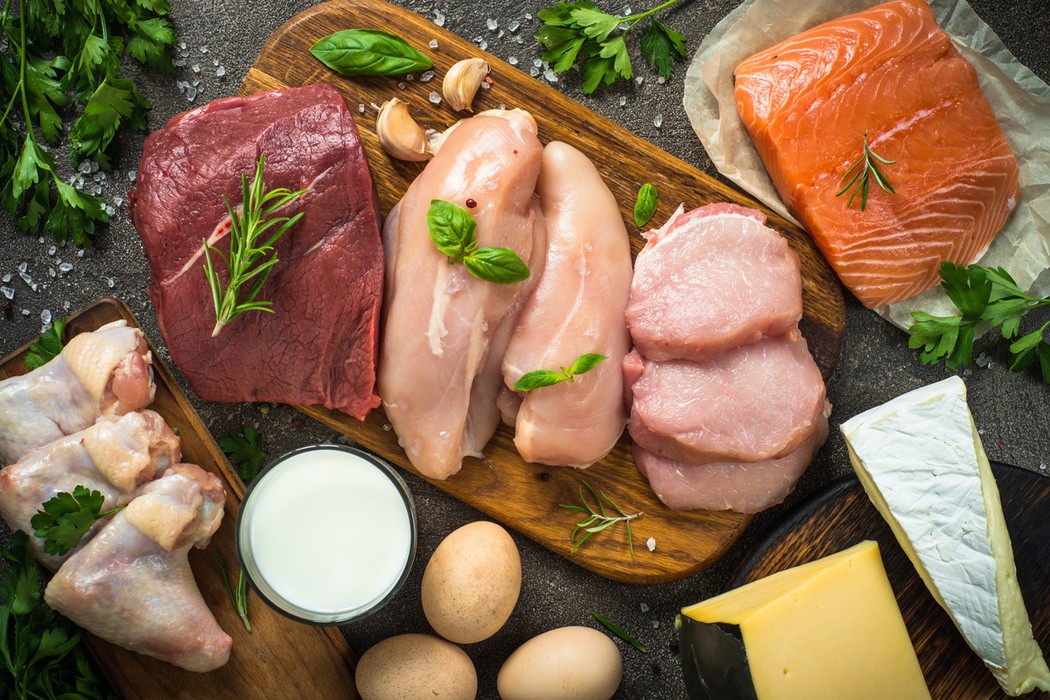
For a quick protein boost, try a Greek yogurt parfait with berries or grilled chicken on a salad. Simple, filling, and delicious!
High-Fiber Veggies
High-fiber vegetables are your best friend when it comes to weight loss. Broccoli, spinach, kale, Brussels sprouts, and peppers are low in calories but packed with fiber to keep your digestive system moving and hunger at bay.
Plus, they’re loaded with vitamins, minerals, and antioxidants that support overall health. Add spinach to omelets, roast broccoli as a tasty side dish, or toss kale into a hearty salad. With so much variety, you’ll never get bored of veggies!
Whole Grains
Whole grains like quinoa, oats, and brown rice are a powerhouse for weight loss. Unlike refined grains, whole grains are loaded with fiber, which helps slow digestion and keeps you fuller longer. Quinoa is a protein-rich grain that works well in salads or as a base for bowls.
Oats make for a satisfying breakfast that keeps you energized through the morning, while brown rice is the perfect side for lean proteins. These complex carbs provide the energy your body needs without the crash of sugary alternatives.
Healthy Fats
Yes, you can enjoy fats while losing weight! Healthy fats—like avocado, nuts, seeds, and olive oil—not only add flavor and richness to your meals but also help keep you feeling satisfied. These fats take longer to digest, which means they can curb cravings and prevent overeating.
Avocado makes a perfect topping for toast or salads, while a small handful of nuts works as an easy, on-the-go snack. Drizzle olive oil over roasted veggies or use it in dressings for a delicious dose of healthy fats.
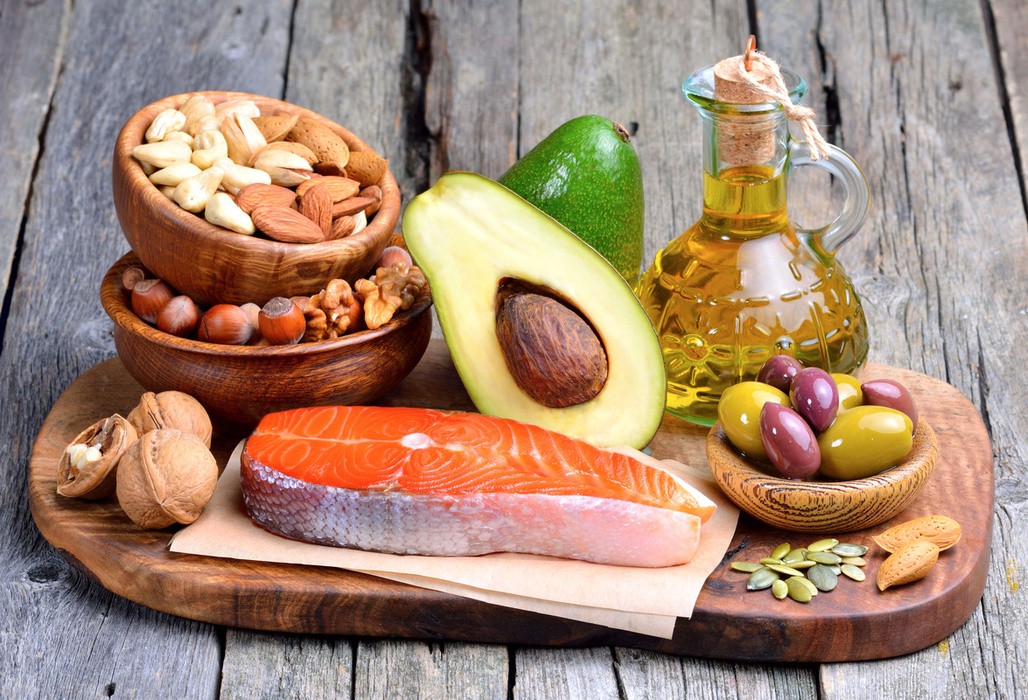
Low-Calorie Fruits
Low-calorie fruits like raspberries, peaches, apples, and melons are a fantastic way to satisfy your sweet tooth while staying on track. Raspberries, in particular, are loaded with fiber to keep you full, while apples are portable and great for snacking.
Peaches are refreshing, juicy, and perfect for summer, and melons add hydration with minimal calories. Pair fruits with Greek yogurt or a handful of nuts for a balanced snack that feels indulgent but is perfectly weight-loss-friendly.
Conclusion
Achieving your weight loss goals doesn’t have to mean sacrificing flavor, variety, or your sanity. By following this 30-day meal plan for weight loss for women, you’ll enjoy balanced, nutrient-packed meals that keep you full, energized, and on track.
With lean proteins, high-fiber veggies, whole grains, healthy fats, and satisfying fruits, this plan makes healthy eating simple and sustainable. Remember, weight loss is about consistency, balance, and finding what works for you.
If you’re ready for personalized guidance or support, connect with one of our Registered Dietitians at Berry Street to take the next step in your journey. We’re here to help you feel your best—one meal at a time!








